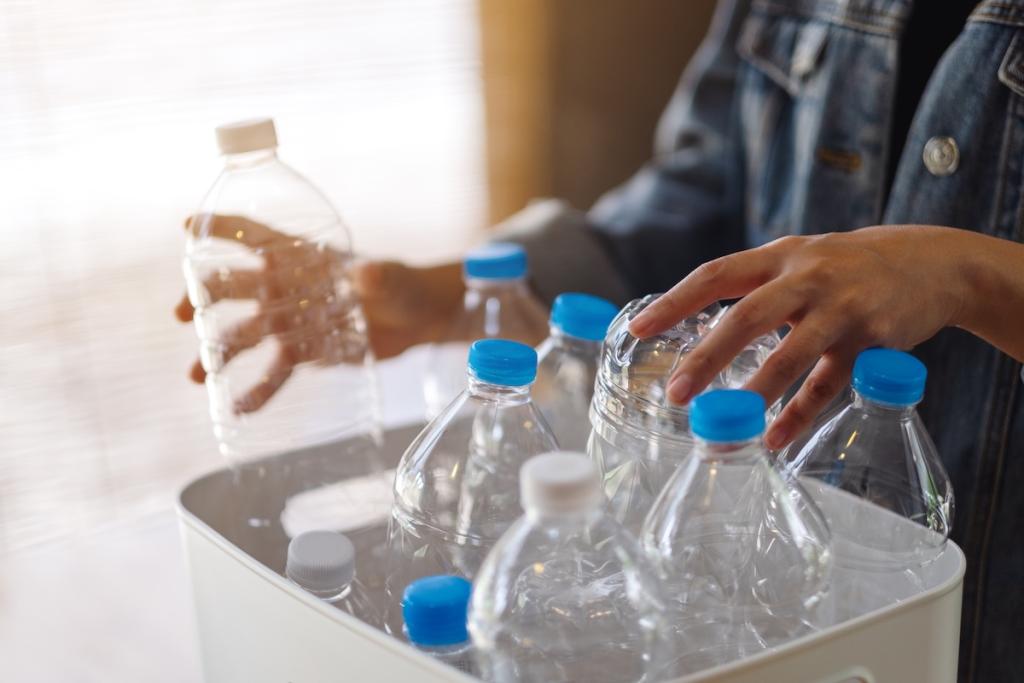Invention Reference Number

A novel chemical process enables the selective upcycling of waste polyethylene terephthalate into high-value organic terephthalates. This approach minimizes waste, reduces environmental impact, and avoids the limitations of traditional recycling methods. The technology uses a selective deconstruction pathway to produce desirable products with fewer byproducts, offering a promising route toward a more circular plastics economy.
Description
Polyethylene terephthalate (PET) is used in many commercial products, but only a fraction is mechanically recycled, and even less is chemically recycled. This process employs a carbonate-interchange strategy to deconstruct PET waste with high selectivity under controlled thermal conditions. By utilizing commercially available catalysts in combination with carbonate compounds, the method overcomes equilibrium constraints typically associated with conventional solvolysis processes.
Unlike traditional alcohol-based recycling, this approach requires significantly less solvent and enables the efficient conversion of mixed and post-consumer PET into valuable terephthalate derivatives. The process has demonstrated compatibility with a variety of PET sources and impurities, yielding single-product outputs that are easily recoverable and useful in manufacturing applications such as plasticizers, resins, and specialty chemicals.
Benefits
- Enables selective efficient PET upcycling
- Reduces solvent consumption and processing time
- Tolerant to post-consumer waste impurities
Applications and Industries
- Plastic waste recycling and circular economy solutions
- Specialty chemicals and materials manufacturing
- Packaging, coatings, and polymer feedstock industries
Contact
To learn more about this technology, email partnerships@ornl.gov or call 865-574-1051.




